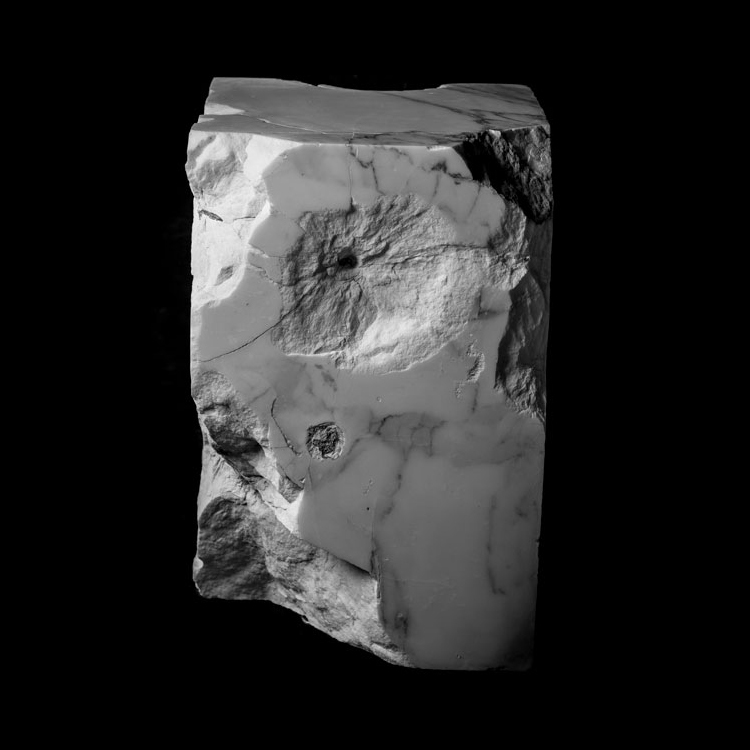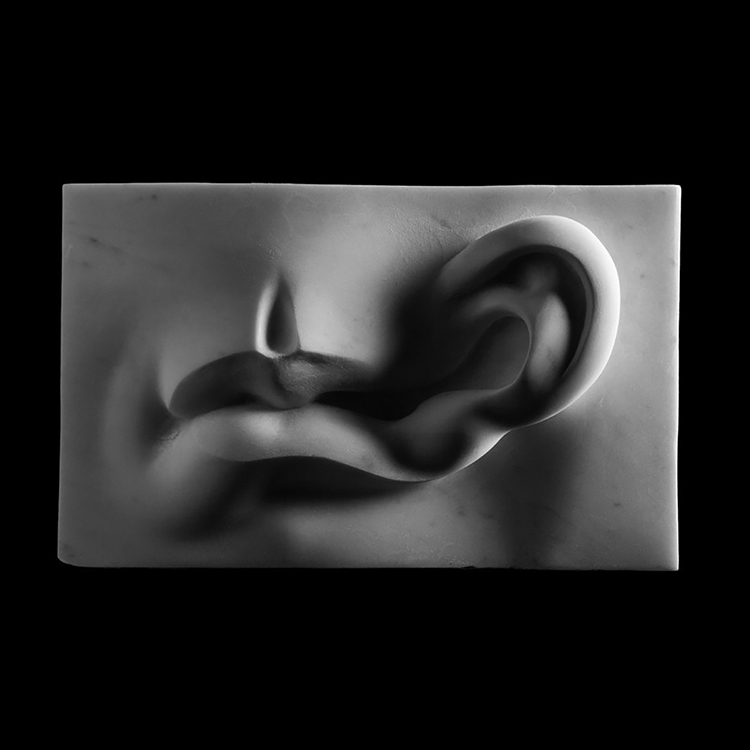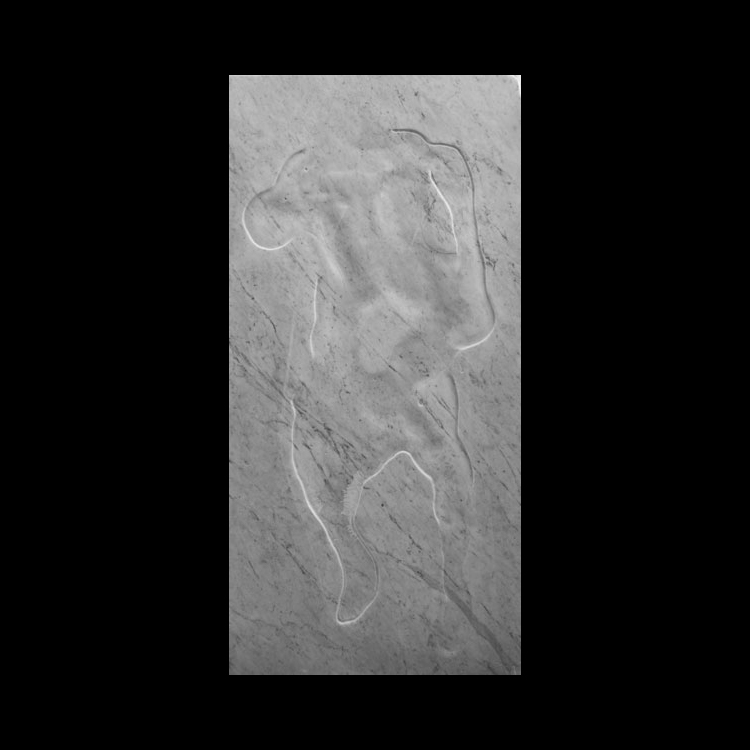I. The insufficiency of the Principle of Classical Utility
There is nothing that permits one to define what is useful to man.
The goal of material utility is pleasure, but only in a moderate form, since violent pleasure is seen as pathological. On the one hand, this material utility is limited to the acquisition (production) and conservation of goods; on the other, it is limited to reproduction and conservation of life.
All individual effort, in order to be valid, must be reducible to the fundamental necessitites of production and conservation. Pleasure is reduced to a divesion whose role is subsidiary. the most appreciable share of life is given as the condition of productive activity.
Human society can have an interest in considerable losses, in catastrophes that provoke tumultuous depressions, crises, and a certain orgiastic state.
Camparision between societal needs and desires to father and son relationship.
humanity recognizes the right to acquire, to conserve, and to consume rationally, but it excludes in principle nonproductive expenditure.
II. The Principle of Loss
Consumption must be divided into two distinct parts:
1. The use of the minimum necessary for the conservation of life and the continuation of individuals’ productive activity.
2. Unproductive expenditure: luxury, mourning, war, cults, the construction of monuments, games, spectacles, arts, perverse sexual activity.
In each case the accent is placed on a loss that must be as great as possible in order for that activity to take on its true meaning.
Examples:
1. Jewels: one sacrifices a fortune. such a sacrifice is necessary for the constitution of the jewel’s fascinating character.
2. Cult require a bloody wasting of men and animals in sacrifice. The word literally means the production of sacred things.
3. Competitive games. Considerable sums of money are spent. As much energy as possible is squandered in order to produce a feeling of stupefaction. The danger of death is not avoided, it is the cobject of a strond unconscious attraction. Immense crowds are present.
4. Artistic production. Real expenditure (architecture, music and dance) vs symbolic expenditure (painting, sculpture, theater, literature).
III. Production, Exchange, and Unproductive Activity
Production and acquisition are only means subordinated to expenditure.
Power is exercised by the classes that expend, poverty was excluded from all social activity. And the poor have no other was of reentering the circle of power than through the revolutionary destruction of the classes occupying that circle – Through a bloody social expenditure.
Means of acquisition such as exchange have at its origin the need to destroy and to lose.
In opposition to the artificial notion of barter, the archaic form of exchange has been identified by Mauss under the name Potlach.
It can never be separated from a festival. Potlach excludes all bargaining and it is constituted by a considerable gift of riches, offered openly and with the goal of humiliating, defying, and obligating a rival. The exchange value of the gift results from the fact that the donee must satisfy the obligation to respond later with a more valuable gift, in other words, to return with interest.
But the gift is not the only form of Potlach; it is equally possible to defy rivals through the spectacular destruction of wealth. Potlach is reunited with religious sacrifice.
In potlach the wealth is multiplied in a way that recalls the inflation of credit in banking civilizations.
It is the constitution of a positive property of loss that gives the institution its significant value.
Wealth appears as an acquisition to the extent that power is acquired by a rich man, but it is entirely directed toward loss in the sense that this power is characterized as power to lose.
As a game, potlach is the opposite of a principle of conservation: it puts an end to the stability of fortunes.

































